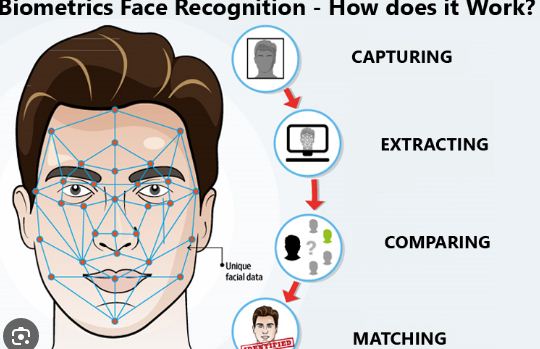April 15, 2024
Applications of AI in Judiciary: Opportunity & Challenges
Why in News? Addressing the Indo-Singapore Judicial Conference, Chief Justice of India has recently underlined the need for robust auditing mechanisms in place to check misleading information.
CJI said that Artificial Intelligence (AI) holds immense potential to transform the way legal professionals work. He underlined the “critical importance of balancing technological advancements with ethical considerations to protect individual rights and freedoms
Key Points of his address:
• there are concerns regarding potential errors and misinterpretations” and added that “without robust auditing mechanisms in place, instances of “hallucinations” – where AI generates false or misleading responses – may occur, leading to improper advice and, in extreme cases, miscarriages of justice”.
• There is chance of indirect discrimination. This form of discrimination occurs when seemingly neutral policies or algorithms disproportionately affect certain groups, thereby undermining their rights and protections”.
• He pointed out that “in the realm of AI, indirect discrimination can manifest in two crucial stages.
• Firstly, during the training phase, where incomplete or inaccurate data may lead to biased outcomes.
• Secondly, during data processing, often within opaque ‘black-box’ algorithms that obscure the decision-making process from human developers”.
• Facial recognition technology (FRT) serves as a prime example of high-risk AI.
• There is a fear that” it “may lead to the emergence of two-tiered systems, where access to quality legal assistance becomes stratified based on socioeconomic status.
• The poor may find themselves relegated to inferior AI-driven assistance, while only affluent individuals or high-end law firms can effectively harness the capabilities of legal AI.
• Such a scenario risks widening the justice gap and perpetuating existing inequalities within the legal system.
• In the legal domain, the adoption of AI might accentuate inequality by favouring those with access to advanced technology, but it also opens the door for new players and services, disrupting existing hierarchies”.
What is way forward ?
•Capacity building and training play a crucial role in ensuring the ethical and effective utilization of AI technologies.
•By investing in education and training programmes, we can equip professionals with the knowledge and skills needed to navigate the complexities of AI.
•Identify biases, and uphold ethical standards in their use of AI systems.
•By embracing collaboration and fostering international cooperation, we establish a framework that promotes the responsible and ethical use of AI technologies across borders.
What is Black Box AI?
•Black box AI is any type of artificial intelligence (AI) that is so complex that its decision-making process cannot be explained in a way that can be easily understood by humans.
•Black box AI is the opposite of explainable AI .

April 24, 2024
April 24, 2024
August 5, 2022
July 27, 2022
July 27, 2022
